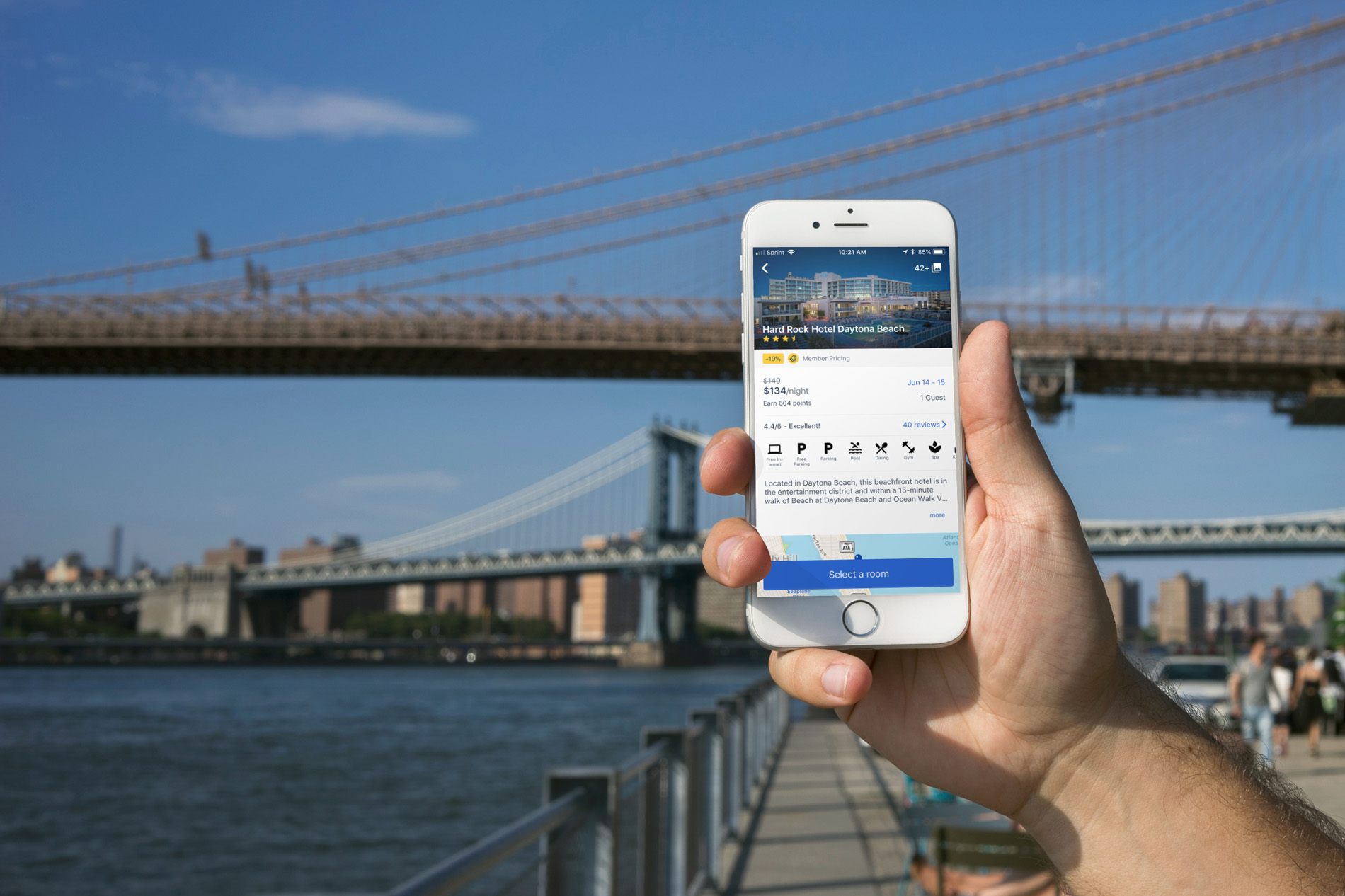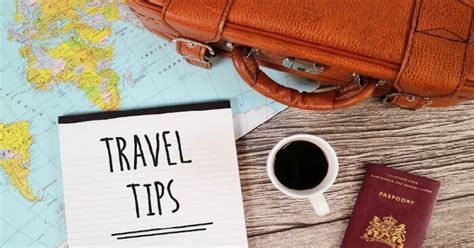Before you start your next journey, it’s important to take the necessary precautions to make sure you stay safe during your travels. Travel safety tips are essential for any trip, big or small. From packing the right items and getting the right insurance to understanding the local laws and customs, there are many steps you can take to make sure you have a safe and enjoyable trip. In this blog post, we’ll be exploring pre-departure travel safety tips to help ensure your trip is a success.

Do your research
One of the most important things you can do to stay safe while traveling is to do your research beforehand. Before booking your trip, take some time to read up on the area you’ll be visiting. Look for any travel advisories or warnings, especially if you’ll be traveling to a location that has a high crime rate or is prone to natural disasters. You can find this information on websites like the Better Health Channel or the US Department of State.
In addition to looking for safety-related information, research the local customs and laws. Different cultures may have different norms around things like dress, communication, and social behavior, and it’s important to be aware of these differences to avoid any unintended offense or misunderstandings.
Another thing to research is the location of hospitals or medical facilities, in case of an emergency. Take note of the emergency phone numbers in the area as well.
Taking the time to do your research before your trip will help you feel more confident and prepared for your travels, and will ultimately help you stay safe and healthy. So don’t forget these important travel safety tips!

Get travel insurance
When planning a trip, one thing that shouldn’t be overlooked is travel insurance. Whether you’re traveling domestically or internationally, having travel insurance can provide peace of mind and protection against unexpected situations.
Travel insurance can cover things such as medical emergencies, trip cancellations or delays, lost or stolen luggage, and even emergency medical evacuation. The cost of travel insurance will vary depending on the coverage you select and the length of your trip.
Before purchasing travel insurance, make sure to carefully read and understand the policy and what it covers. It’s also important to note any exclusions or limitations, such as pre-existing medical conditions or hazardous activities.
Another important thing to consider when purchasing travel insurance is to ensure that it covers any activities you plan on participating in, such as adventure sports or extreme activities. Some policies may exclude certain activities, so it’s important to check beforehand.
In addition, be sure to keep a copy of your travel insurance policy with you while traveling and have the necessary contact information readily available in case of an emergency.
While travel insurance may add an additional cost to your trip, it’s important to consider the potential cost of not having it. In the event of an emergency or unexpected situation, travel insurance can provide much-needed support and assistance, allowing you to focus on enjoying your trip with peace of mind.

Tell someone where you’re going
Before heading off on your travels, it’s important to let someone you trust know your travel plans. This could be a family member, friend or even your workplace. Give them your itinerary, including flight and hotel details, and keep them updated throughout your trip.
Not only does this give you peace of mind knowing someone knows where you are, but it also ensures that someone can reach you in case of an emergency. It’s important to include contact information for yourself and any emergency contacts you may have.
In addition to telling someone your travel plans, it’s also a good idea to register your trip with your country’s embassy or consulate. This can be done online and is a free service. By registering your trip, you will receive safety updates and important information from the embassy or consulate, particularly in the event of an emergency.
Remember to update your emergency contacts and embassy/consulate registration if your plans change. Keeping someone in the loop about your travels is a simple step to ensure your safety while abroad.

Pack smart
When it comes to packing for your trip, less is more. It’s important to only bring the essentials to ensure you can easily keep track of your belongings. Here are some tips for packing smart:
- Use packing cubes or compression bags to keep your clothes organized and save space.
- Pack a lightweight, foldable backpack for day trips.
- Keep valuables, such as your passport and money, in a money belt or hidden pouch.
- Pack a travel lock to secure your luggage.
- Bring a reusable water bottle to stay hydrated and reduce waste.
- Research the local customs and dress appropriately to avoid drawing unwanted attention.
- If you’re bringing electronics, make sure to pack the necessary chargers and adapters.
- Don’t forget to leave room in your luggage for souvenirs and gifts.
By packing smart, you’ll have less to worry about and can focus on enjoying your trip.

Keep your belongings safe
One of the most common problems that travellers face is theft or loss of personal belongings. To avoid this, you should take some steps to keep your possessions safe during your travels.
First and foremost, it’s important to pack your bags in a way that will deter thieves. Consider investing in locks and other security devices that can help prevent theft. Also, keep valuables like money, passports, and other important documents close to you, either in a secure backpack or in a hidden pouch on your body.
When out and about, be mindful of your surroundings and keep a close eye on your belongings. Avoid carrying large amounts of cash and avoid using ATMs in sketchy areas.
If you’re staying in a hostel or shared accommodation, make sure to use the lockers or other secure storage options provided. Don’t leave your valuables unattended or in plain sight.
Finally, it’s always a good idea to make copies of your important documents and keep them in a separate location from the originals. That way, if something is lost or stolen, you have backup copies to use until you can replace them.
By taking these precautions, you can minimize the risk of losing your personal belongings while travelling and enjoy a worry-free trip.

Be aware of your surroundings
No matter where you’re traveling to, it’s important to be aware of your surroundings. This means paying attention to the people, buildings, and other elements around you and being cautious of any potential dangers.
When you arrive at your destination, take some time to familiarize yourself with the area. If you’re staying in a hotel or hostel, make sure you know how to get to and from your accommodations safely. Take note of any areas that you should avoid, such as areas with high crime rates or political unrest.
When you’re out and about, try to blend in with the locals as much as possible. Dress appropriately and avoid displaying expensive jewelry or electronics that could attract unwanted attention. Don’t carry large amounts of cash or valuables on you and keep your passport and other important documents in a safe place, such as a hotel safe.
If you’re in a crowded area, be extra vigilant. Pickpockets and other criminals often target crowded areas, so keep your belongings close and be aware of anyone who seems to be watching you.
Finally, trust your instincts. If something feels off, it probably is. Don’t be afraid to leave a situation that doesn’t feel safe or to ask for help if you need it. By being aware of your surroundings and taking precautions to stay safe, you can enjoy your travels with peace of mind.

Check the weather forecast
Before heading off on your adventure, make sure to check the weather forecast for your destination. Depending on where you’re going, the weather can play a huge role in your safety and comfort. Extreme temperatures, heavy rain, and severe storms can all have an impact on your trip. Knowing what to expect ahead of time can help you pack appropriately and avoid any potential dangers.
If the forecast looks concerning, consider adjusting your plans or rescheduling your trip altogether. It’s always better to be safe than sorry. Additionally, keep an eye on the weather while you’re away and be prepared to make adjustments if necessary. If you’re heading into the wilderness or engaging in outdoor activities, be sure to check for any local weather alerts or warnings.
In summary, checking the weather forecast is an important step in your pre-departure preparations. By doing so, you can stay safe and comfortable throughout your travels.

Learn some basic phrases in the local language
It’s always a good idea to familiarize yourself with some key phrases in the local language of the country you’re visiting. This can make your travel experience smoother and more enjoyable, as well as improve your safety. Here are some phrases to consider learning:
- Greetings: Hello, goodbye, please, and thank you are essential phrases to know in any language. Learn how to say them in the local language, and you’ll be off to a good start.
- Directions: Being able to ask for directions and understand the response can be crucial, especially if you get lost or need to find your way back to your accommodation.
- Emergency phrases: Learn how to say “help” or “emergency” in the local language, as well as how to ask for a doctor or police officer if needed.
- Food and drink: Knowing how to order food and drink can save you a lot of frustration, and can also help you avoid any potential health risks from miscommunicating your dietary needs.
- Numbers: Being able to understand and say numbers can help you when dealing with prices, taxi fares, and other transactions.
There are many resources available online and in travel guidebooks that can help you learn these basic phrases. Even if you’re not fluent in the local language, making the effort to communicate in the local language can go a long way in building rapport and respect with locals. It also shows that you’re taking an interest in their culture and language.

Follow your gut
Sometimes, our intuition can be our greatest guide when it comes to staying safe while traveling. If you ever feel uneasy about a situation or a person, it’s important to trust your instincts and remove yourself from the situation. Don’t be afraid to say “no” or walk away if something doesn’t feel right.
Additionally, it’s important to be aware of your surroundings at all times. Take note of any suspicious behavior or potential dangers, and avoid walking alone at night or in unfamiliar areas. Remember to always have a backup plan in case of emergencies, and keep important documents and contact information on hand.
While it’s impossible to plan for every situation, following your gut and staying aware of your surroundings can greatly reduce your risk of encountering danger while traveling. So always trust your intuition and prioritize your safety above all else.





